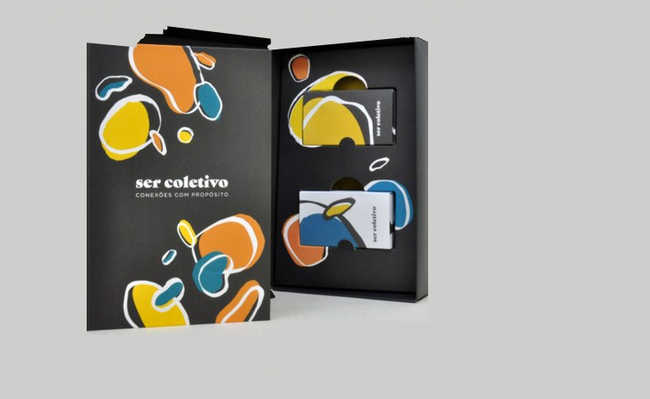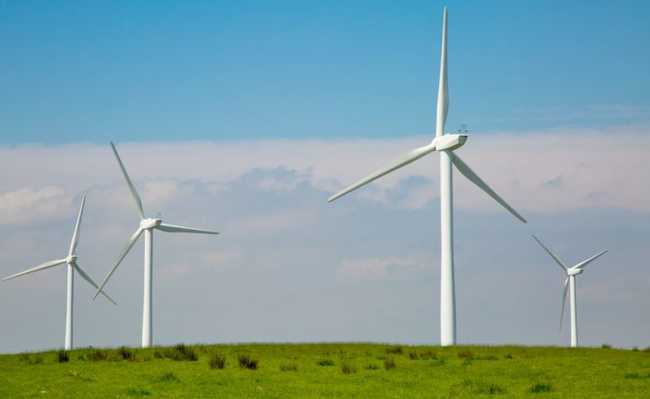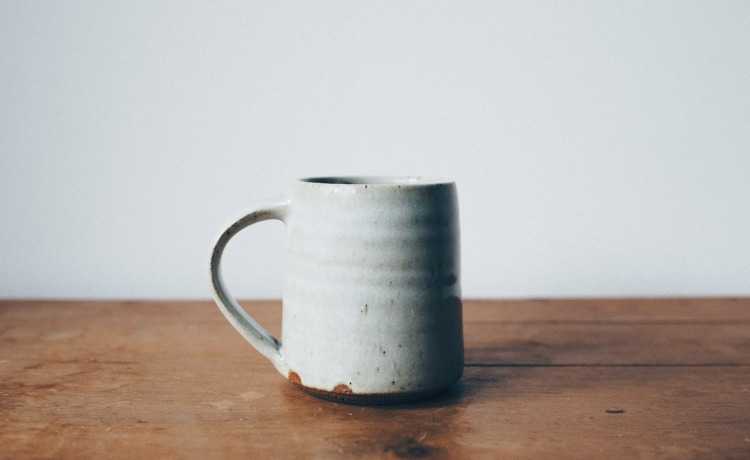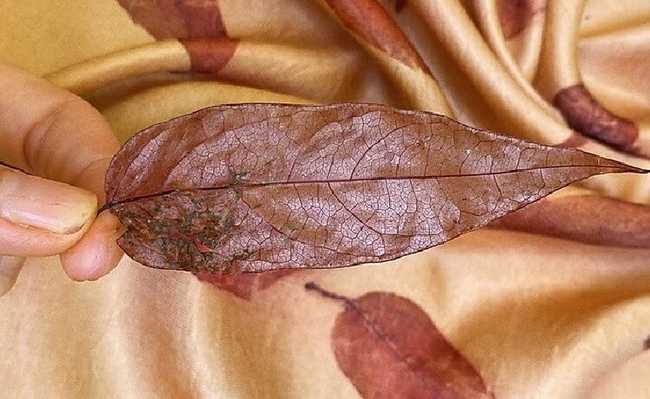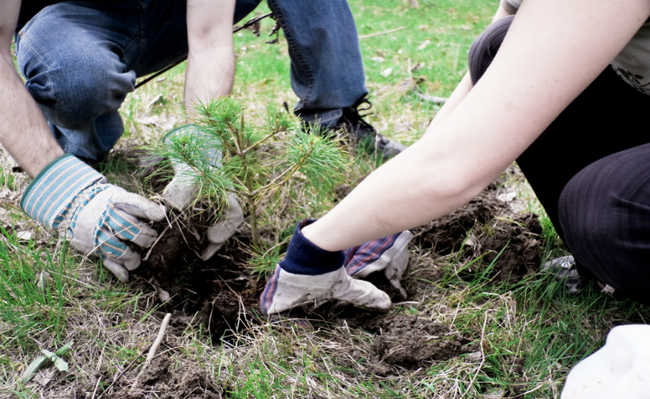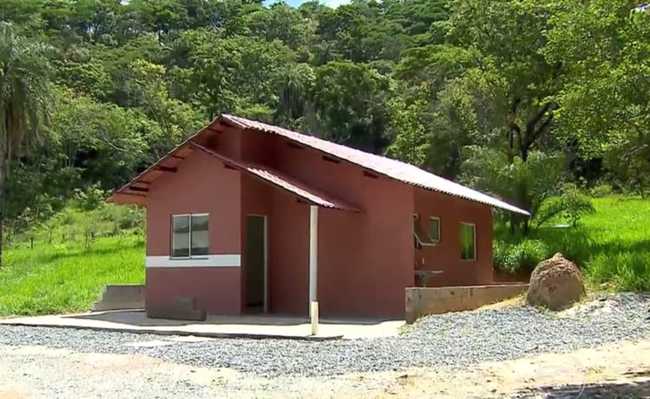After all, what is green plastic?
Resin made from sugar cane originated in Brazil. Know its pros and cons

Edited and resized image by Markus Spiske is available on Unsplash
You've probably heard of him and most likely had a good impression. If the plastic is green, it is assumed that it has beneficial or less harmful characteristics for the environment. However, is this really what happens in practice?
Green plastic was created to try to reduce the impacts caused by the petrochemical industry in the production and sale of plastic. Despite being recyclable, common plastic comes from a fraction of oil called naphtha, and is a non-renewable resource.
- Know the types of plastics
Brazilian company Braskem, from the Odebrecht group, was the first company to develop plastic production technology with renewable raw material. Ethyl alcohol, obtained from sugarcane, has the necessary characteristics for the production of polyethylene (PE). That's the green plastic.
Innovation
The main advantage of the product is not in its physical characteristics (which are very similar to those of common plastic), but in the fact that it has vegetable origin. As the green plastic comes from sugarcane, there is the capture and fixation of CO2 in the raw material and, consequently, in the final product. For every ton of green polyethylene produced, about 2.5 tons of CO2 are captured from the atmosphere. And because it is not biodegradable, the captured CO2 remains fixed throughout the life of the plastic.
Not to mention that there is no need for major technological changes to process the material, as green plastic has the same technical and processability properties as fossil resins, in addition to being 100% recyclable.
- Carbon Dioxide: What is CO2?
- What are biodegradable products?
- Recycling: what is it and why is it important
Necessary considerations
There are at least three issues that the consumer needs to become aware of for a more extensive understanding of green plastic.
The first is that the production of sugarcane for this purpose implies an increase in the planted area and has as consequences the increase in water consumption, use of fertilizers, fuel and other inputs, some of which are not favorable to the environment.
- What is oil?
Another issue is the direct competition with the production of fuel ethanol from sugarcane and food production. As long as automobiles around the world are powered by fossil fuels, the demand for oil for its less noble purpose will continue and in its refinement there will always be left over from the naphtha fraction, largely destined for the production of plastics. Thus, paradoxically, the effect of green plastic does not necessarily prevent the reduction of oil extraction and its use in the production of plastic based on non-renewable raw materials.
And finally, it is worth reflecting on the use of cultivated areas for the production of raw materials to the detriment of their use in food production. This is a controversial issue, which presents counter-arguments related to the high productive efficiency of sugarcane and the low share of arable land for ethanol production in relation to other crops, and its cultivation may expand even over a large area of degraded pastures, without the necessary competition with the planting of food.
Part of the solution
The green plastic, due to the advantages listed above, is a welcome evolution. Good alternative throughout the development process towards a cleaner economy. Part of the solution. We bet on technological development as an important agent in the transformations that our society needs for a more sustainable lifestyle. Before the technique, however, it seems essential that individuals rescue their ability to think about group life, together, in the city. The exercise of disinterestedly thinking your relationship with the other for the benefit of a higher quality survival. When the technique is mastered again and not dominant.
For more information about green plastic, visit the Braskem website. And if you want to recycle some type of plastic, look for destinations near you in the Recycling Stations section.
Survey: Silvia Oliani

